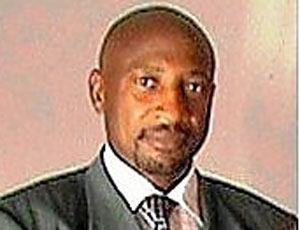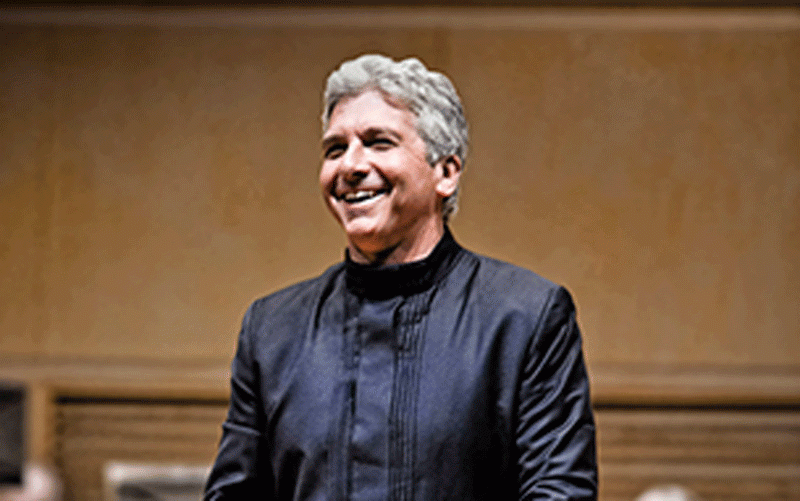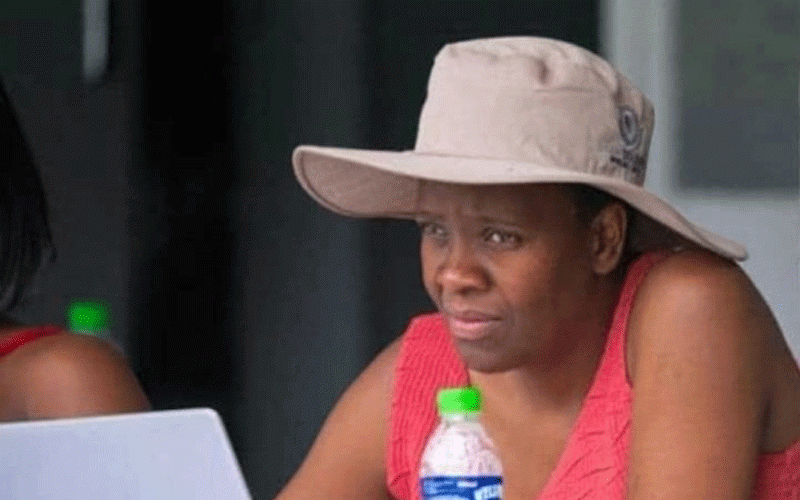
The Zimbabwe Olympic team recently returned home from the London 2012 Olympic Games empty-handed. Standard Senior Sports Reporter (SR) Albert Marufu talked to ZOC president Admire Masenda (AM) on what went wrong in London and what needs to be done in the future.
SR: What is the mandate of the Zimbabwe Olympic Committee? AM: Our mandate is to take athletes who would have qualified for the Olympic Games. We ensure that once an athlete has qualified, he/she has enough preparations for the games. However, we extend that mandate because we accept that there are limited resources. It will be unfortunate for us to wait for the athlete to come through the system. So what we then do is we also identify athletes who have potential to qualify and we help them qualify. That basically is a four-year strategy, where we identify at each quadrennial, athletes we believe have potential to qualify. We then go out and find resources, for example, we can recommend them for Olympic scholarships, as we did with athletes like Kirsty (Coventry), Ngoni Makusha and others who have been on Olympic scholarships, based on our recommendation and our motivation, which has enabled them to have more resources to train so as to qualify for the Games. SR: What did you think about Team Zimbabwe’s performance in London? AM: I think the team performed well. I think as a country we are somewhat spoilt in expecting medals, but in terms of competition we did very well. SR: What lessons did you draw from the London 2012 Olympic Games? AM: The competition is getting stiffer. Even Kenyans struggled in the 10 000m and 5 000m and these are races they used to dominate. Now you see countries such as Britain winning in these races. Some countries are even importing talent from other countries to achieve that goal. If we do not stay close, we run the risk of failing to send even a single athlete in future. The competitors are also getting younger and faster. Our programme should integrate potential athletes at a younger age than we are doing now. That way, the future will be bright. SR: There has been talk that Team Zimbabwe had an unnecessarily bigger number of officials than athletes at the Olympic Games. What’s your take on that? AM: The ZOC president, the secretary general (Anna Mguni) and the Minister of Education, Sports, Arts and Culture (David Coltart) are not part of Team Zimbabwe, but are dignitaries invited by the International Olympic Committee (IOC). Let’s get that right. Remove me, the minister and the secretary general out of the equation. Let’s go back to the team. The team went with two physiotherapists and one doctor, one chef de mission and the assistant. If you remove the five, they remain eight officials. People will ask why two physiotherapists, but these people have a lot of work to do. Athletes such as Kirsty Coventry need massages after their training sessions, which is a lot of work. These athletes need massaging and handling so that their muscles are well-oiled for the competition.
The final thing which I think is very important is that the IOC has a prescription of how many officials should be there at the Games. There is a ratio of officials to the athletes and they are very conscious of not wanting unnecessary officials at the Olympic Games. We had seven athletes and that was proportionate to the number of officials we had. Maybe people missed the point on dignitaries who are there at the invitation of the IOC. Even if we did not have any athletes participating, dignitaries would have been invited because they are members of the IOC. SR: How are you going to prepare for the 2016 Olympic Games? AM: We have a long-term winning strategy that we launched after the 2008 Olympic Games, which is geared towards the 2020 Olympic Games. The idea is to come up with a programme which would ensure that Zimbabwe is able to churn out top-class athletes for every Olympic Games. In terms of doing that, we have to isolate and identify which sporting disciplines have the potential to compete rather than spread it all up. So we basically have the six sports. Athletics and tennis are the primary sports where we feel we have great potential and to this list, we also have hockey, swimming and rowing. Our greater chunk of resources will go towards that. SR: Have you already identified some of the athletes to be considered for these scholarships? AM: I think Ngoni (Makusha) still has potential to win a medal for us in the next Olympics. I am sure he will recover from his injury and so he will be up there with the best. We believe that rower Micheen (Thornycroft) is also another person we see great potential in. There is also potential in the other rower, Jamie Fraser-Mackenzie. Those are people we now have to engage to see what their plans are and then we can move forward from there. Our situation, and I keep saying this, is that as long as we do not have a national sports development programme, we will not go anywhere. A national sports development programme is critical in that inasmuch as we have talent, it enables us to remain focused.
We will also be able to harness whatever resources that we have and put them in those areas we have the greatest amount of potential. Over and above all, it is my own personal view that there is need for a paradigm shift on how we perceive sport. Sport has to become very much an integral part of our way of life. Right now it is not for the majority of our people. This business of stars rising out of their own volition or their own drive, will not get us anywhere. If we take Kirsty as an example, nationally we did not do anything to help her. SR: Whose responsibility is it to ensure that we have the national sports development programme that you are talking about? AM: Right now the government wants to have what it is calling a national sports policy. That national sports policy will drive everything, from schools through to tertiary level and then beyond to national sports associations. There is need to integrate the programme. Schools generally, through National Association for Primary School Heads (Naph) and National association for Secondary School Heads (Nash), have sporting programmes, but tertiary institutions in this country don’t have and that is where we are losing a lot of talent. College students should be encouraged to take up sports seriously as is done in other countries. SR: We have facilities out there that are lying idle. Whose role it is to maintain them?
AM: My understanding is that some are state-owned facilities which have been passed on to national associations to run. I think this was a mistake because sports associations do not have money to run them. The costs of running these facilities are prohibitive and national associations are in no way able to run them. Remember the government had to rehabilitate Khumalo Hockey Stadium in Bulawayo last year. There is no way the Hockey Association of Zimbabwe was going to do that. Swimmers use Les Brown pools which they hire from the council. There is also a need for integration and giving each other roles.
The role of the Ministry of Public Works needs to be defined when it comes to sports facilities. This is also the same with regards to the council. It must be done in such a way that develops sport and not cause conflict
- Chamisa under fire over US$120K donation
- Mavhunga puts DeMbare into Chibuku quarterfinals
- Pension funds bet on Cabora Bassa oilfields
- Councils defy govt fire tender directive
Keep Reading
SR: Has Kirsty Coventry’s retirement put a lid to any medal hopes for Zimbabwe?
AM: Swimming has great potential and I heard there are a number of youngsters coming through. Kirsty has given us a momentum and we hope she will continue to help us. She is a phenomenal athlete and winning seven medals at the Olympic Games is something great.
Admire Masenda believes Team Zimbabwe performed well at the London 2012 Olympics despite failing to win medals
‘Qualifying for the Olympic games now stiffer’
SR: There has been a slump in the number of local athletes at the Olympic Games. In 1980 we had over 40 athletes but this time we only had seven. What could be the reason behind the decline in numbers?
AM: The important thing to understand is that qualification for the Olympic Games has become stiffer. In the old days, you could get guys qualifying with B Standards, which is no longer the case. They have now done away with the B Standard qualification. It is now only an A Standard qualification. Team sports have not been doing well. In 1980, we had a hockey team and once you take a team sport, you are already talking of 15 to 18 more athletes. If we are to improve on numbers, then we need to have team sports qualifying as well, which unfortunately has not been the case.
SR: Does ZOC get any grants from the IOC and how are they distributed?
AM: We get an administration grant. Then we get grants to help Olympic participants. When Brian Dzingai was trying to qualify for London, we helped him with money. We also run sports management courses aimed at helping sports administrators manage sports better.
SR: Is Africa ready to host the Olympics Games?
AM: That was the debate in London, with Kenya saying let us have a look at it. My personal opinion is that US$19 billion, which the UK used to host the event is a lot of money. It will be a tall order for Africa. This figure even doubles some countries’ Gross Domestic Product (GDP).












